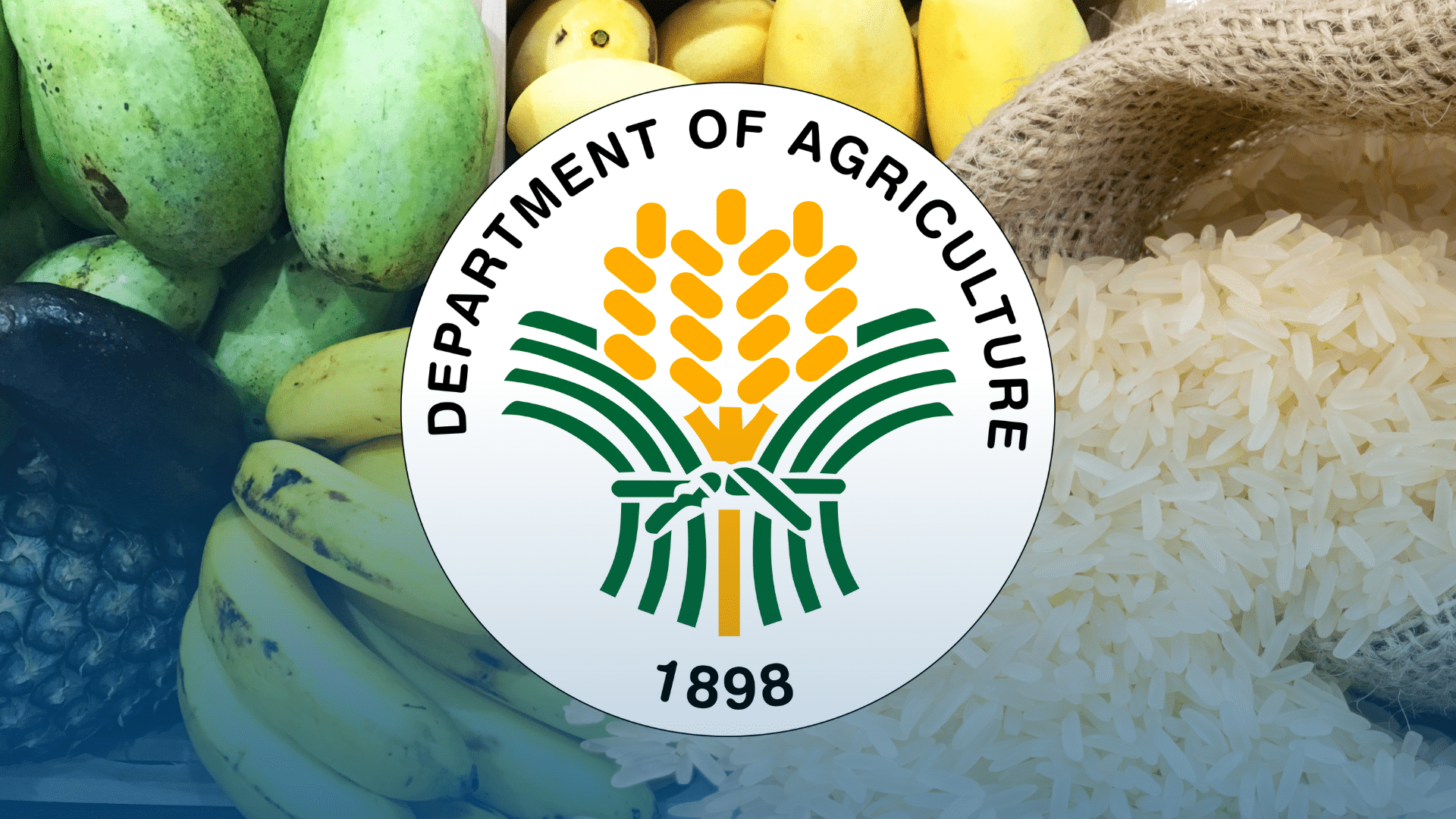
SHORT-TERM foreign investments rebounded in May after two consecutive months of net outflows, the Bangko Sentral ng Pilipinas (BSP) reported on Friday.
Foreign investments registered with the central bank through authorized agents, also known as "hot money" as these can quickly be moved to maximize profits from interest rates, recorded a net inflow of $43 million.
This is a reversal from the net outflows of $312 million and $124.4-million net outflows posted a month earlier and in May last year.
Overall inflows for the month totaled $1.1 billion, 15.2 percent higher than April's $914 million. Gross outflows, meanwhile, hit $1.0 billion and were 17.6 percent lower than the $1.2 billion recorded a month earlier.
The funds were mostly invested in Philippine Stock Exchange-listed securities (65.0 percent or $685 million) — banks, holding firms, property, transportation services and mining — and the rest in peso government securities (35.0 percent or $368 million).
Most of the short-term investments came from the United Kingdom, the United States, Singapore, Luxembourg and Norway, which had a combined share of 86.1 percent.
The US remained the main destination for outflows, accounting for 57.0 percent at $575 million.
Year on year, inflows were 24.6 percent higher than May 2023's $845 million. Outflows, meanwhile, rose by 4.2 percent from the year-earlier $969 million.
"The $43 million net inflows for May 2024 were an improvement from the $124 million net outflows recorded for the same period a year ago," the BSP said.
Year to date, hot money flows remained positive at a net $108 million, a reversal from the $805-million net outflow in the comparable 2023 period.
The BSP tally accounts for funds received by authorized agent banks (AABs). Registration of the investment is only required if the investor or its representative purchases foreign exchange from AABs or their subsidiaries/affiliates for the repatriation of capital and remittance of earnings from the investment.
"Without such registration, the foreign investor can still repatriate capital and remit earnings on its investment, but the FX (foreign exchange) will have to be sourced outside the banking system," the central bank said.
Read The Rest at :




